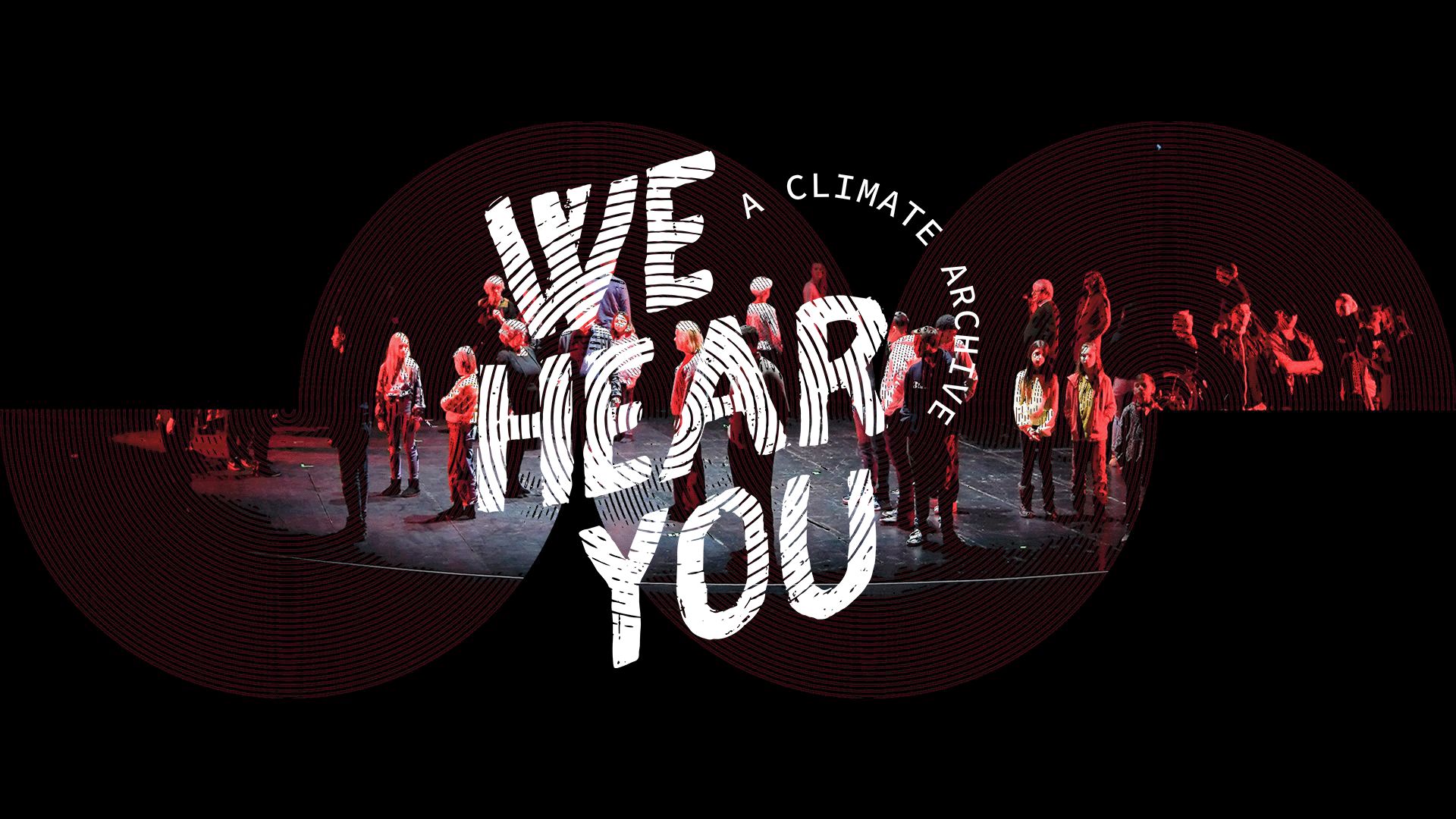Amit | He/Him
The Book of Love
Norwich, UK
Temperate Broadleaf and Mixed Forests
Boreal Forests/Taiga
Tropical and Subtropical Dry Broadleaf Forests
Tropical and Subtropical Coniferous Forests
Session 8: March 25, 2023
I’m going to recite a poem—a poem that I didn’t write. It was written by a poet called Amrita Pritam. She’s a Punjabi author, and her poem is written as a letter to Waris Shah, who was an even older, 18th-century Sufi Punjabi poet.
For context, Waris Shah is known for the tragic love story of Heer and Ranjha, and for his evocative descriptions of the lovers’ pain when they are separated. In her letter, Pritam talks about the partition of India and Pakistan, and she calls upon Waris Shah to come back and realize the pain of everyone in Punjab, as he did when he wrote about Heer and Ranjha.
So I want to start with that. And I want to recognize that I will get parts of it wrong. My Punjabi is good, but not good enough—but I think that’s part of it. I want to recognize my role in the diaspora, as well as in Punjab.
Amit recites Amrita Pritam’s 1947 poem “Ajj Aakhaan Waris Shah Nu” (“Today I Invoke Waris Shah”)1
The poem ends by saying:
“Today I call upon you Waris Shah.
Speak from inside your grave,
And turn, today,
the Book of Love to the next affectionate page.”
The reason I wanted to share this is first to recognize the damage that has been done, and continues to be done, to our communities primarily by the hands of colonization—colonial entities: capitalist entities, and governmental entities alike. But I also want to recognize the power that we hold together.
Dr. Kyle Powys Whyte, an Indigenous philosopher and scholar, refers to indigenous communities in Turtle Island, but his ideas resonate with me as well. He wrote about how Native Americans have seen the end of worlds, and have survived them.2 This means that we can survive this one as well.
So I’ve been carrying that pain, and carrying that suffering, but also carrying that energy and that connectedness—which they don’t have. And I think that’s what differentiates us from them. It’s all that we have, but also all that we need.
1 Visible here in the Gurmukhi Shahmukhi scripts, and here in English.
2 Kyle P. Whyte, “Indigenous science (fiction) for the Anthropocene: Ancestral dystopias and fantasies of climate change crises,” in Nature and Space, 1:1-2, pp. 224-242, 2018.
Amiteshwar is a Punjabi-British organiser, student doctor, and writer based in Norwich, focusing on and exploring the intersection of health justice, ecological justice, and abolition. His work primarily brings forward a health perspective, at the local, national and international levels. Amit commits himself to work towards a community-led radical, joyful future, where health equity is a reality for all.

